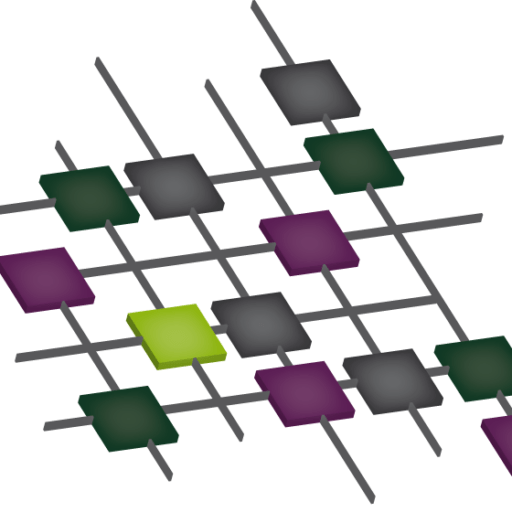
Robotic Evolutionary Self-Programming and Self-Assembling Organisms
Duration: 03/2008 – 09/2013 Funding: Cordis FP7 – Cognitive Systems and Robotics
Replicator
The Replicator project focuses on the development of an advanced robotic system, consisting of a super-large-scale swarm of small autonomous mobile micro-robots that are capable of self-assembling into large artificial organisms. These robotic organisms possess common energy and information buses as well as reliable legged, wheeled or climbing locomotion, based on modular sub-systems which can be autonomously reconfigured. Thanks to the heterogeneity of the elementary robots and their capability to share resources and communicate, the robotic organisms are able to achieve a large computational power, and rich close-and-far-range sensing. The energy is autonomously harvested from external power sources.
The main goal of the project is to develop novel principles, underlying these robotic organisms, such as self-configuration, self-adjustment, and self-learning. The bio-inspired evolutionary approach and evolvable hardware structure adopted in this project enable the robotic organisms to emerge new functionalities, to develop their own cognitive and control structures, and to work autonomously in uncertain situations without human supervision. Ultimately, these robotic organisms, which are extremely adaptive, robust, scalable and rich in sensing and actuating capabilities, will be used to build autonomous sensor networks, capable of self-spreading and self-maintaining in open-ended, even hazardous environments.
Contribution
Results
More info?
Need specific information regarding the project? Please contact our senior consultant for more information.


